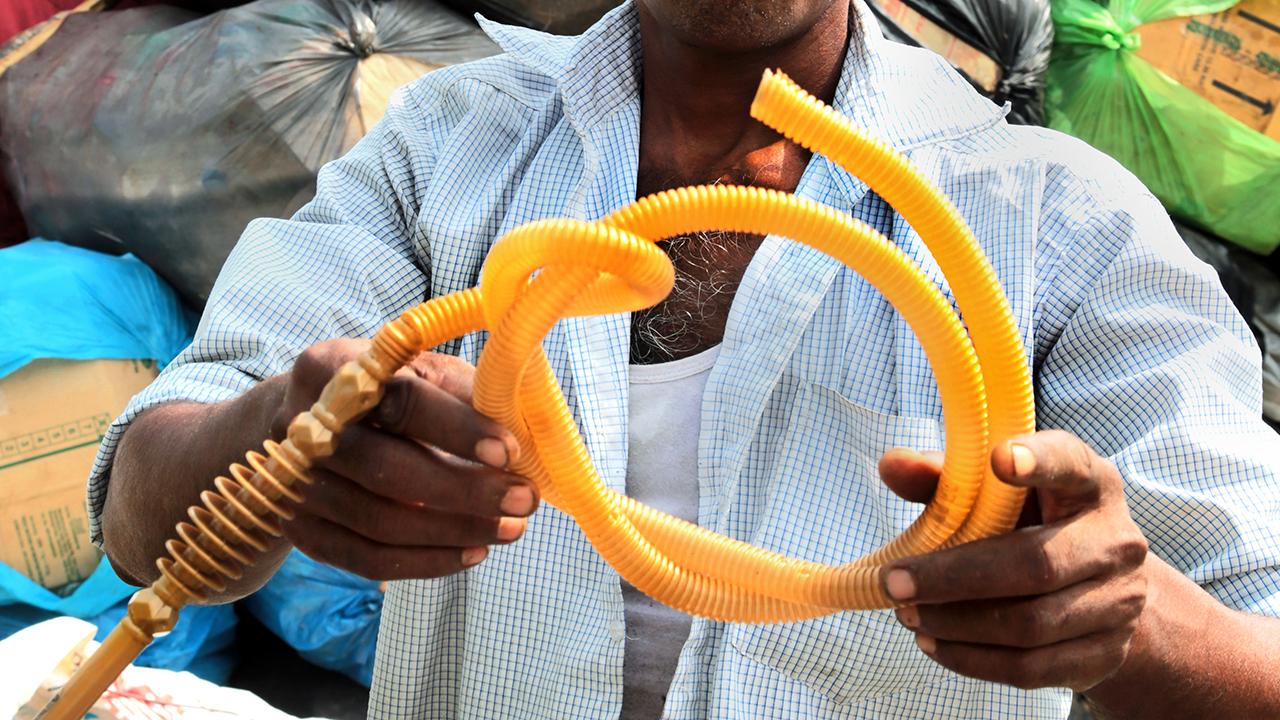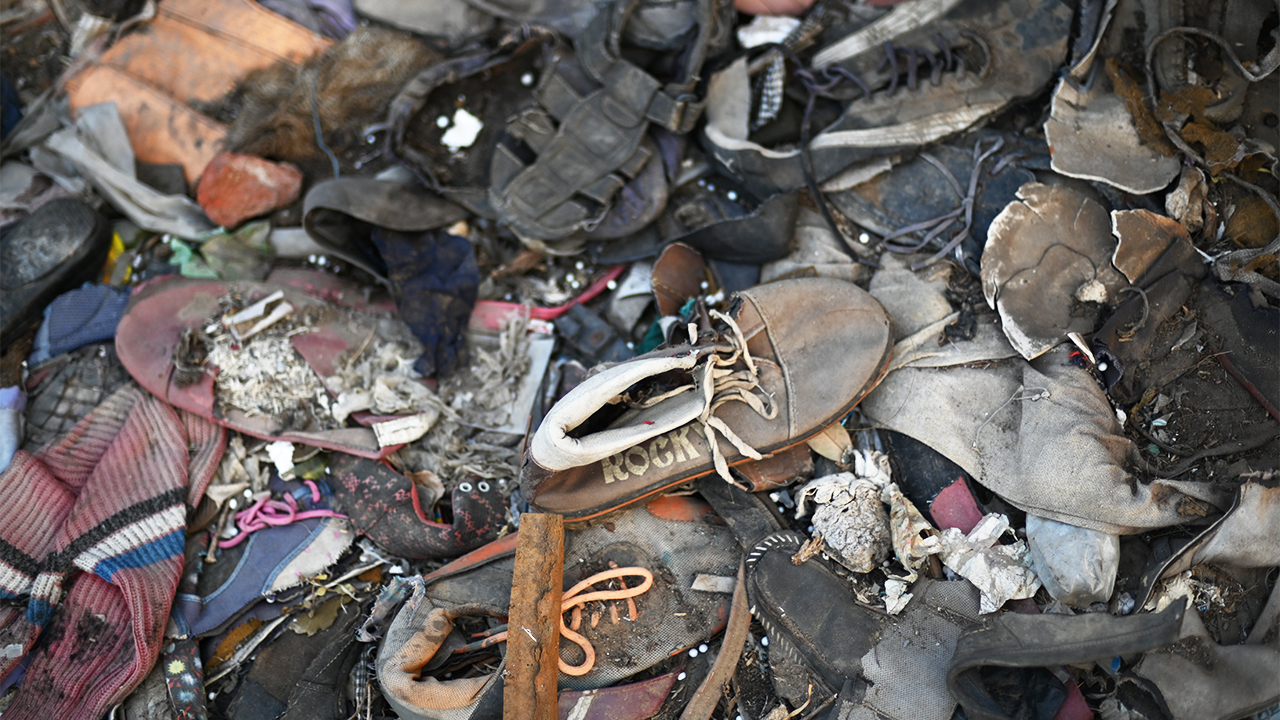admin
I help fin-tech digital product teams to create amazing experiences by crafting top-level UI/UX.

The first phase of the plastic ban tries to eliminate single-use plastics (SUPs). These have low recycling value and are not picked up by the wastepickers. If not managed, these pose a serious threat to nature. But, as India’s plastic waste is mostly managed by the informal sector, 40% of a waste-picker’s income comes from plastics. A complete ban in the future on all plastics will hamper their livelihood.
Thus, this research conducted in Delhi, Nainital, Pune, and Indore identifies a pathway to handle larger plastic bans from the perspective of the wastepickers. Chintan, partnering with other organizations, carried out extensive research in four Indian cities: Delhi, Nainital, Pune, and Indore to identify and segregate plastics through surveys, plastics audits, group discussions, and review of existing literature on the issue. The key findings revealed the high-valued plastics. Single-use plastics along with harmful ones were also identified. An awareness of what damage plastics can do to the environment was observed too, where the wastepickers are not against a bigger ban but need proper policy so that they can stay in business. So, a systematic process of elimination of plastics was realized with the expansion of livelihoods using principles of circular economy and relooking of legal and policy mandates.
The report recommends modification of policies like the Plastic Waste Management Rules of 2018 and MSW rules of 2016 and collaboration with urban local bodies. The masterplans will not only locate income-generating activities and allocate space for the wastepickers but will also envisage reuse services as a viable option, and provide better means for wet waste composting. Accurately pinpointing the SUPs, proper vigilance on their management, and subsidizing plastic substitutes were also suggested.
I help fin-tech digital product teams to create amazing experiences by crafting top-level UI/UX.

Training waste workers and households in composting to divert wet waste from landfills and abate methane emissions.

Read More

How environmental contamination is impacting our children’s future
Support our initiatives so that we can reach more and more people and provide our support to the needy
Click on the blue round button at the bottom right corner of this page. You can also email our support team at support@example.com

Chintan, meaning thought/reflection in Hindi, is an environmental research and action group.
Subscribe to get the latest news form us
© 2025 Chintan Environmental Research & Action Group